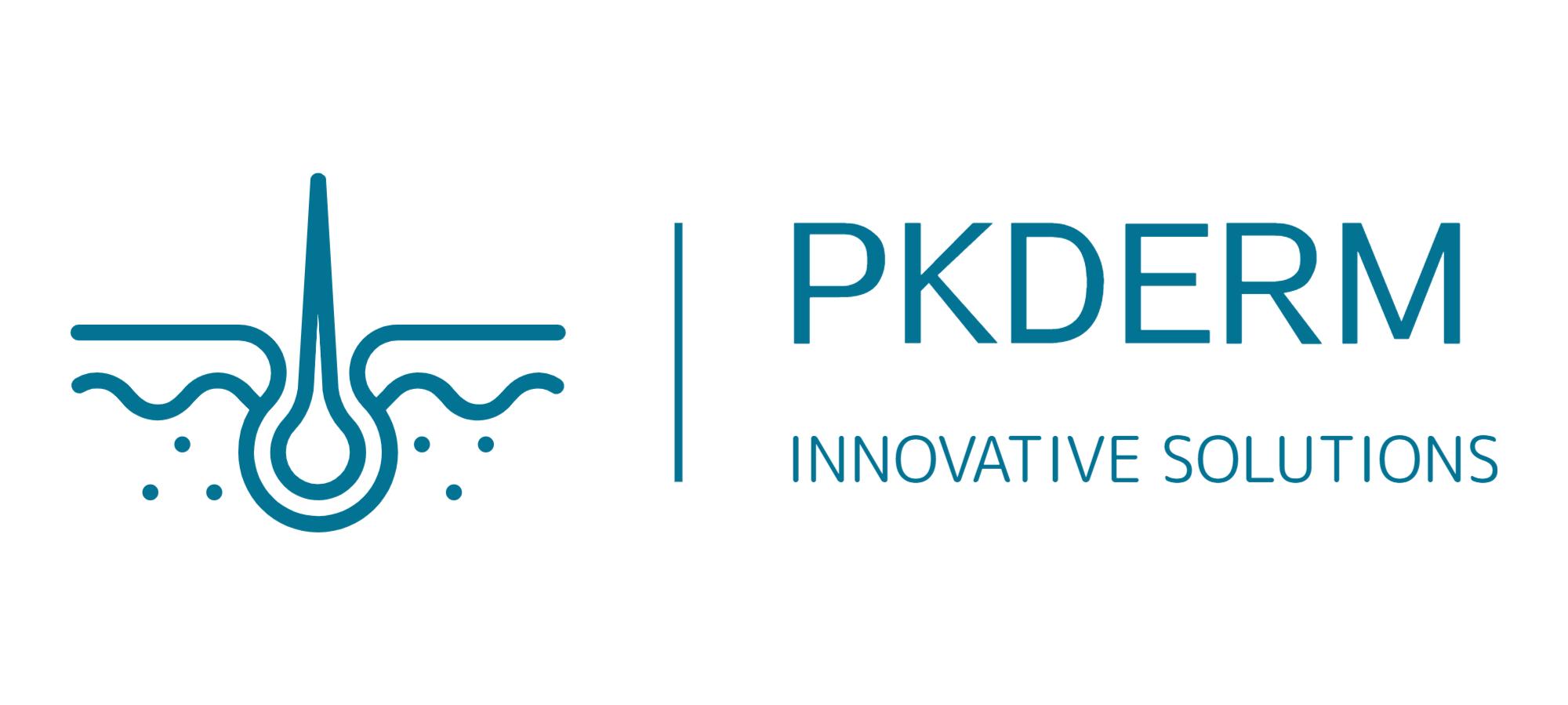OpenTox Virtual Conference 2021 Session 13
Updates on OECD QSAR Toolbox and its application
The Organisation for Economic Co-operation and Development (OECD), with input from member country experts and other stakeholders, facilitates efforts to expand the use of alternative methods in assessing hazards of chemicals. OECD activities include the publication of tools and guidance documents on alternative methods such as (Q)SARs, read-across approaches for assessing chemical categories, and the use of Adverse Outcome Pathways (AOPs) as a part of Integrated Approaches to Testing and Assessment (IATA). OECD countries have established principles and criteria for validating (Q)SARs for use in a regulatory context and contributed to the development of the OECD QSAR Toolbox (Toolbox) which is co-owned by OECD and European Chemicals Agency (ECHA). The Toolbox allows users to draw upon collective information and knowledge in a variety of areas: experimental data, a grouping of chemicals, read-across, structural or physical-chemical properties to profile chemicals, and mechanistic information to inform hazard prediction. The OECD (Q)SAR Project was launched in 2003 to increase the regulatory acceptance of such methods and the Toolbox has evolved by continuous development. Recent updates to the Toolbox have included links to chemical data such as to REACH data in the International Uniform ChemicaL Information Database (IUCLID) and US EPA ToxCast data, improved exchange of chemical test summaries using OECDHarmonised Template (OHT) data formats, and increased connectivity to other stakeholder tools via a simplified application programming interface (API). As the functionality of the Toolbox expands, it can be used with other alternative methods such as AOPs and IATA-based approaches where hazard prediction is informed by integrating results from one or many methodological approaches. The Toolbox is freely available, accessible, and transparent, and as the Toolbox continues to evolve, will continue to be a key tool for risk assessment. A brief overview of the Toolbox with highlights on recent developments will be presented.
Acknowledgments:
The Speaker would like to thank Patience Browne (OECD) and OECD member countries for their contribution to and support of the projects.
Speaker bio
Tomoko AOYAGI is an administrator in the Hazard Assessment Programme of the Organisation for Economic Co-operation and Development (OECD). Tomoko manages the OECD QSAR Toolbox Management Group and maintained the OECD QSAR Toolbox and the IATA Case Studies project. She holds an M.D in international politics and a B.A in Pharmacy. She began working in non-animal methods such as (Q)SAR and approaches for grouping chemicals in 2014 in Japan. She has been working in her current position at OECD since 2020.


